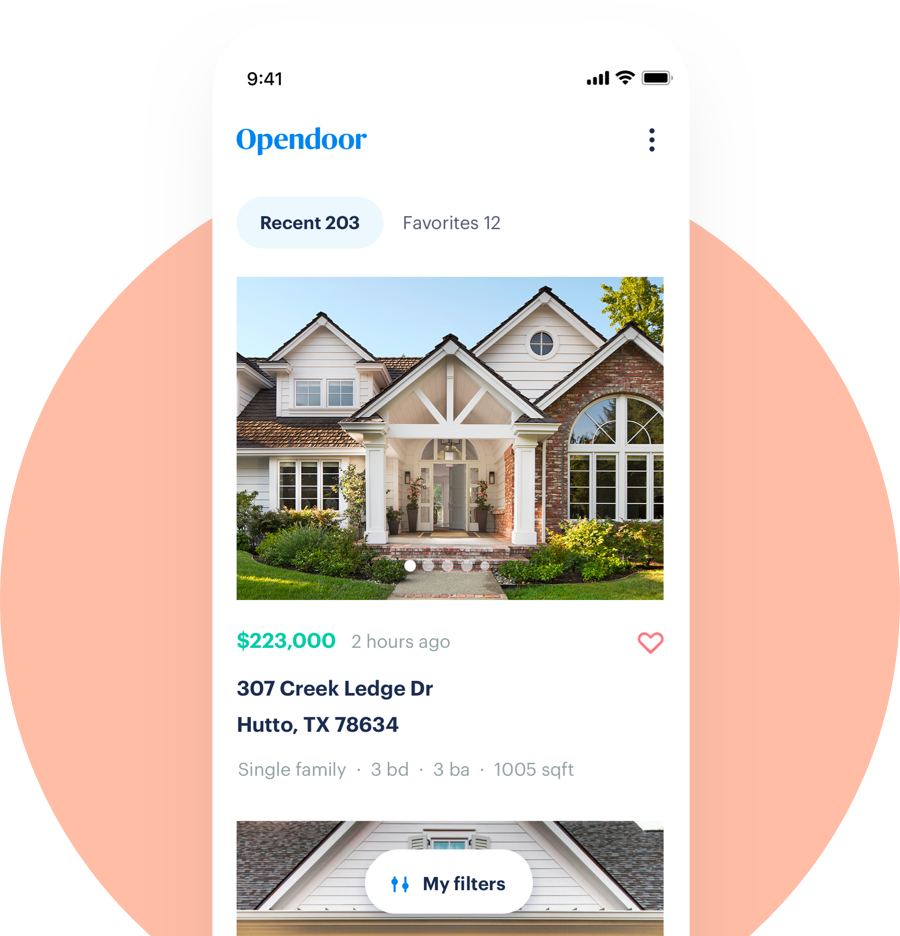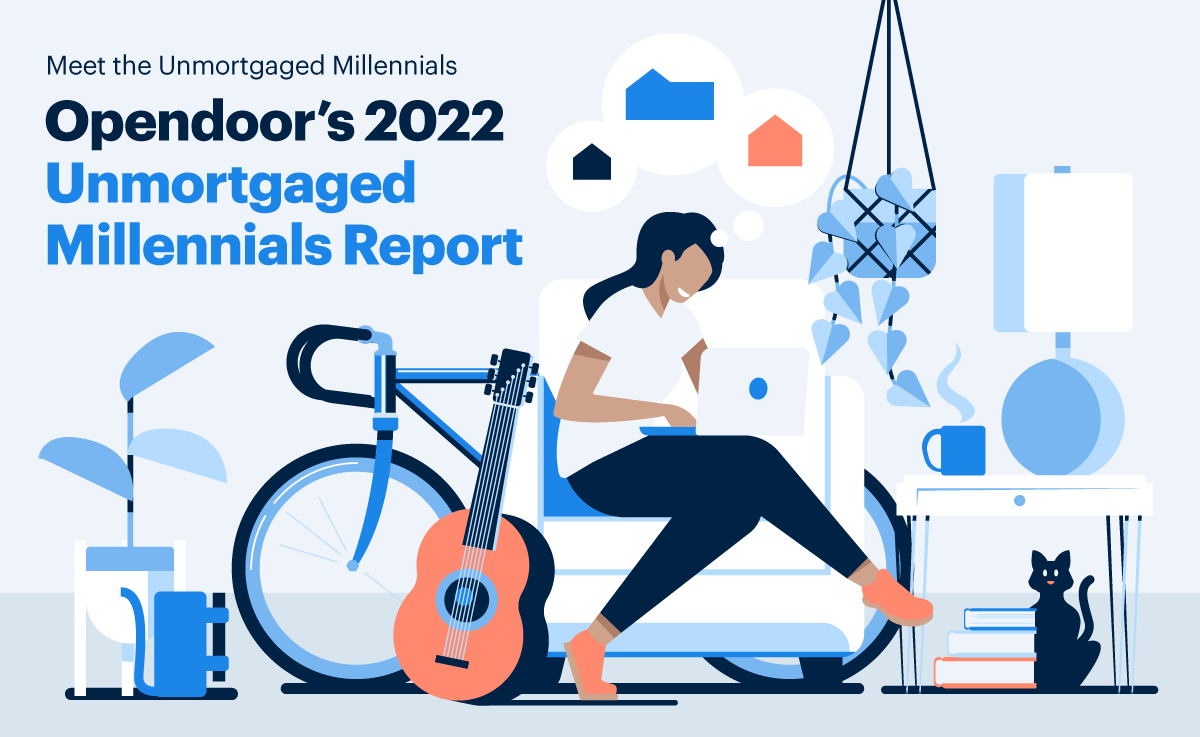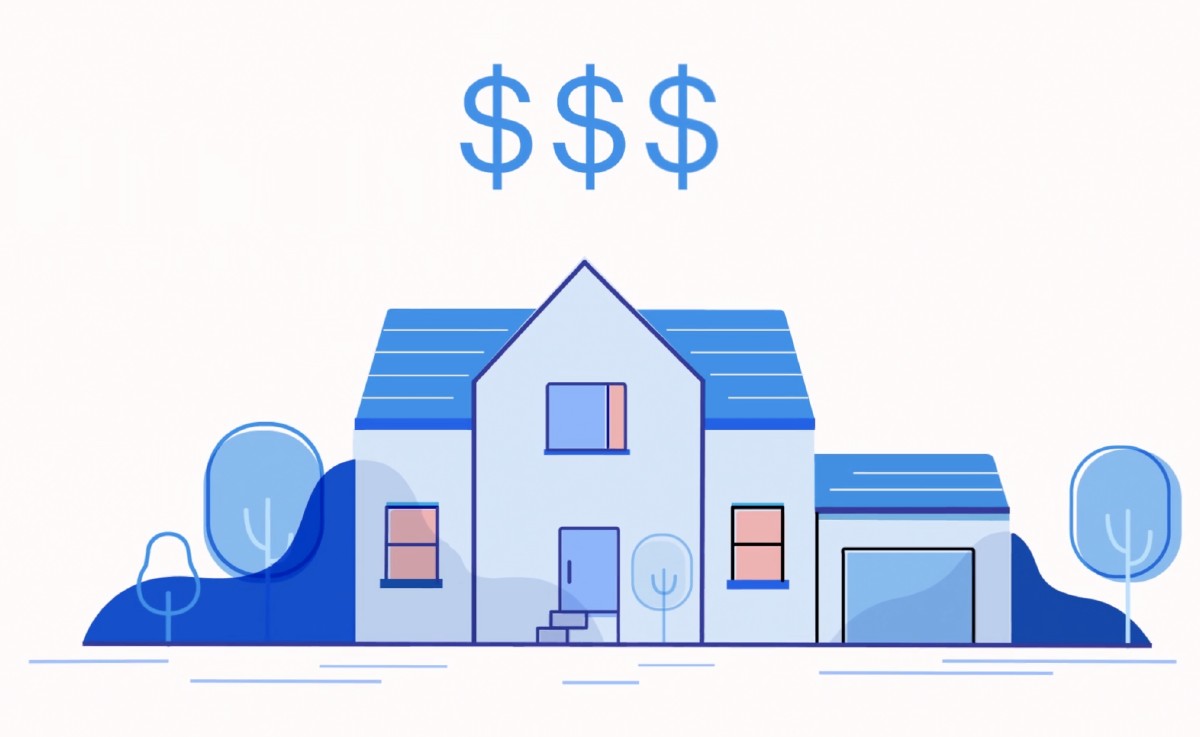While best known for its low down payment option, there is much more to understand about FHA loans when considering them. This guide will walk you through the basics of FHA loans by answering the key questions many new home buyers have about the product.
In 2018, nearly 17% of all home loans were backed by the FHA and the vast majority of those loans—83%—went to first-time homebuyers. Despite the popularity of FHA loans, many home buyers do not understand how they work.
Here’s what we’ll cover :
- What is an FHA loan?
- How do FHA loans work?
- Who is an FHA loan be suitable for?
- What’s the difference between an FHA and a conventional loan?
- What are the main requirements for an FHA loan?
- What is the minimum down payment for an FHA loan?
- What are FHA loan limits for 2019?
- Are there any closing costs for an FHA loan?
- How to apply for an FHA loan?
- How do I find an FHA lender?
What is an FHA loan?
The Federal Housing Administration (FHA) is the largest mortgage insurer in the world and has insured over 46 million mortgages since its founding in 1934. The FHA does not fund loans. Instead, it insures mortgages made by FHA-approved lenders.
How do FHA loans work?
FHA loans are part of a group of loans that are backed by the federal government. This means that instead of actually lending money, the FHA offers a guarantee to banks and private lenders that they will cover losses they incur in the event that the borrower does not repay the loan in full.
Because of this reduced risk, lenders are able to offer loans with lower down payments to borrowers who may have less than perfect credit or limited income. While the FHA makes mortgages more accessible to borrowers with limited income and credit, there is no income limit associated with FHA loans and anyone who meets the minimum qualifying standards can enjoy the benefits.
Due to the popularity of the program many lenders are approved to offer FHA loans. To help determine whether the lender you’ve chosen is FHA-approved you can enter their information on the Department of Housing and Urban Development’s (HUD) lender search tool.
Who could an FHA loan be suitable for?
While FHA loans are available to many different types of borrowers, they may be particularly well-suited to first-time homebuyers and buyers who plan to live in the house full-time.

The minimum down payment requirement of just 3.5% (with a minimum credit score of 580) for an FHA loan makes homeownership more attainable for those with little savings. First-time homebuyers benefit from the program since they do not have equity from a previous home sale to put toward their down payment.
While FHA loans are popular with first-time homebuyers for this reason, there is no requirement that you must be purchasing your first home in order to qualify.
Because FHA loans are part of a federally funded program to encourage homeownership, they are not available to investors or individuals purchasing a second home in addition to their primary residence. Any home that is purchased with an FHA loan must usually be the borrower’s primary residence.
What’s the difference between an FHA and a conventional loan?
Conventional loans are mortgages that are not backed by a government guarantee. They are typically considered to be more difficult to qualify for but offer borrowers greater flexibility.
One major difference between FHA and conventional or standard home loans is that the lower upfront cost of an FHA loan often means that it is more expensive over time. A lower down payment means a larger share of the home price is financed so the buyer pays more interest over the life of the loan. A higher down payment also often results in paying less for mortgage insurance. Lenders will typically waive the mortgage insurance payment altogether if the borrower puts 20% or more down.
These are the main differences:
| Conventional Loan | FHA Loan | |
| Credit Score Requirements | Minimum of 620 | Minimum of 500 |
| Minimum Down Payment Requirements | As low as 3%, but typically 5% to 20% | 3.5% for credit scores of 580 or higher; 10% for credit scores of 500-579 |
| Debt-to-Income Ratio Requirements | Typically up to 36% | Typically maximum 43% |
| Closing Costs | Appraisal fees, title insurance, homeowners insurance, etc. | All standard fees, plus higher appraisal fee and upfront mortgage insurance premium of 1.75% |
| Loan Limits (2019) | Usually $484,350 to $726,525 * | Usually $314,827 to $726,525 ** |
** For one-unit properties, depending on the county
Sources: U.S. News and World Report; Investopedia; Fannie Mae; The Mortgage Reports; Federal Housing Finance Agency (FHFA); Department of Housing and Urban Development (HUD)
What are the main requirements for an FHA loan?
- Minimum credit score of 580 for a 3.5% down payment (research your options to get a free credit report)
- A credit score between 500 and 579 for a 10% down payment
- Typically, maximum debt-to-income ratio (DTI) of 43%
- Steady income and proof of employment
- The home usually must be the borrower’s primary residence
- The purchase price cannot exceed FHA loan limits, which vary by county
The physical condition of the home and the length of time the home has been owned by the seller are also important factors to consider. Since the home itself is used as collateral for the loan it must meet minimum standards of soundness and safety. In other words, it may be difficult to qualify for an FHA loan to purchase a house if significant repairs are required.

Just as the FHA does not provide loans to real estate investors looking to resell the property, they will also not fund a loan to purchase a home that has been owned for fewer than 90 days. This rule may come into play when attempting to use an FHA loan to purchase from an iBuyer. Home buyers interested in this strategy should consult with their iBuyer or real estate agent to ensure the date on the purchase agreement is at least 90 days after the home was previously sold.
What is the minimum down payment for an FHA loan?
Many people who use an FHA loan do so to take advantage of the low down payment option. The minimum down payment required for an FHA loan is 3.5% of the purchase price, but the borrower must have a minimum FICO score of 580 to be eligible for this rate.
The FHA will back loans to borrowers with FICO scores as low as 500, but these borrowers must make a 10% minimum down payment.
What are the FHA loan limits for 2019?
There are limits to how much you can borrow with an FHA loan. These limits vary based on housing costs in each county. In 2019 the maximum loan limit for one-unit properties in high-cost counties, such as Los Angeles, CA, is generally $726,525. The maximum amount that can be borrowed for one-unit properties in low-cost counties, such as Pima County, AZ, is $314,827.
You can check the loan limits in your county on the HUD website.
Are there closing costs for an FHA loan?
Home loans come with additional costs that must be paid at closing, which typically include the cost of the home appraisal, the cost of homeowners insurance, lender’s title insurance fees, and so on.
The closing costs for an FHA loan and a conventional loan are approximately the same, with two exceptions:
- The home appraisal is slightly more involved than that of a conventional loan and can generally cost about $50 more.
- The FHA also requires an upfront mortgage insurance premium (UFMIP) of 1.75% of the loan amount to be paid at closing. Although the fee is paid upfront it can be wrapped into the cost of the loan, meaning it can be paid as part of your monthly mortgage payment.
You can read about the differences between the mortgage insurance premium (MIP) for FHA loans and private mortgage insurance (PMI) for conventional loans on Investopedia.
How to apply for an FHA loan?
The process of applying for an FHA loan is very similar to that of a conventional loan. All mortgage applications go through an underwriter who verifies the borrower’s financial documents and ultimately makes the decision to approve or deny the loan.

This process can take anywhere from a few weeks to a few months and the length of time typically depends on the complexity of the borrower’s financial situation. The same is true for FHA loan applications.
How do I find an FHA lender?
In order for a lender to make an FHA loan they must be approved by the Department of Housing and Urban Development (HUD), which is the agency that oversees the FHA. The good news is that many lenders are FHA-approved so finding one shouldn’t be difficult. You can use this search tool provided by HUD to find an FHA-approved lender in your area or confirm that the lender you are working with is approved.
A good way to find out how much experience a particular lender has with the FHA process is to ask them what percentage of the loans they made in the previous year were FHA loans, and of those loans what percentage were approved. You can also check their license status and make sure they do not have any outstanding violations for which they are being investigated.
Takeaways
Because of the low down payment option, relatively low credit score requirements, and straightforward application process, FHA loans make home buying possible for millions of Americans each year. While the program was developed to encourage homeownership for people with less than perfect credit and/or limited savings, anyone who meets the FHA loan requirements can apply.
This article is meant for informational purposes only and is not intended to be construed as financial, tax, legal, or insurance advice. Opendoor always encourages you to reach out to an advisor regarding your own situation.





